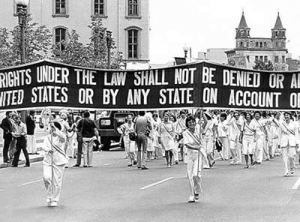Second Circuit’s Ruling to Impact the Sovereign Debt Market?
Just how much power—or better yet, influence—does the American judicial system really have over sovereign nations? This is the underlying question that the Second Circuit must resolve before rendering its decision over how to handle a group of hedge funds’ dispute with the Republic of Argentina.
In 2001, amidst its worst economic turmoil in history, the Republic of Argentina defaulted on nearly $100 billion of its debt. While bondholders immediately felt an adverse effect, until recently, they were left with few options but to accept the government’s restructured—and heavily discounted—exchange bonds. This all changed, however, when Judge Thomas P. Griesa of the District Court for the Southern District of New York sided with the plaintiff hedge funds, and enjoined both the Republic of Argentina and third party banks from making payments on the exchange bonds unless the other bondholders were also paid.
As this decision comes under its review, the Second Circuit is presented with numerous considerations. Will its decision result in unrest in credit markets? If it affirms, will innocent exchange bondholders be negatively affected? Do third party U.S. banks stand to become the only victims? Rudimentary to all of these considerations, though, is what can the court threaten to do—or really do—to Argentina if it does not follow the court’s order?

